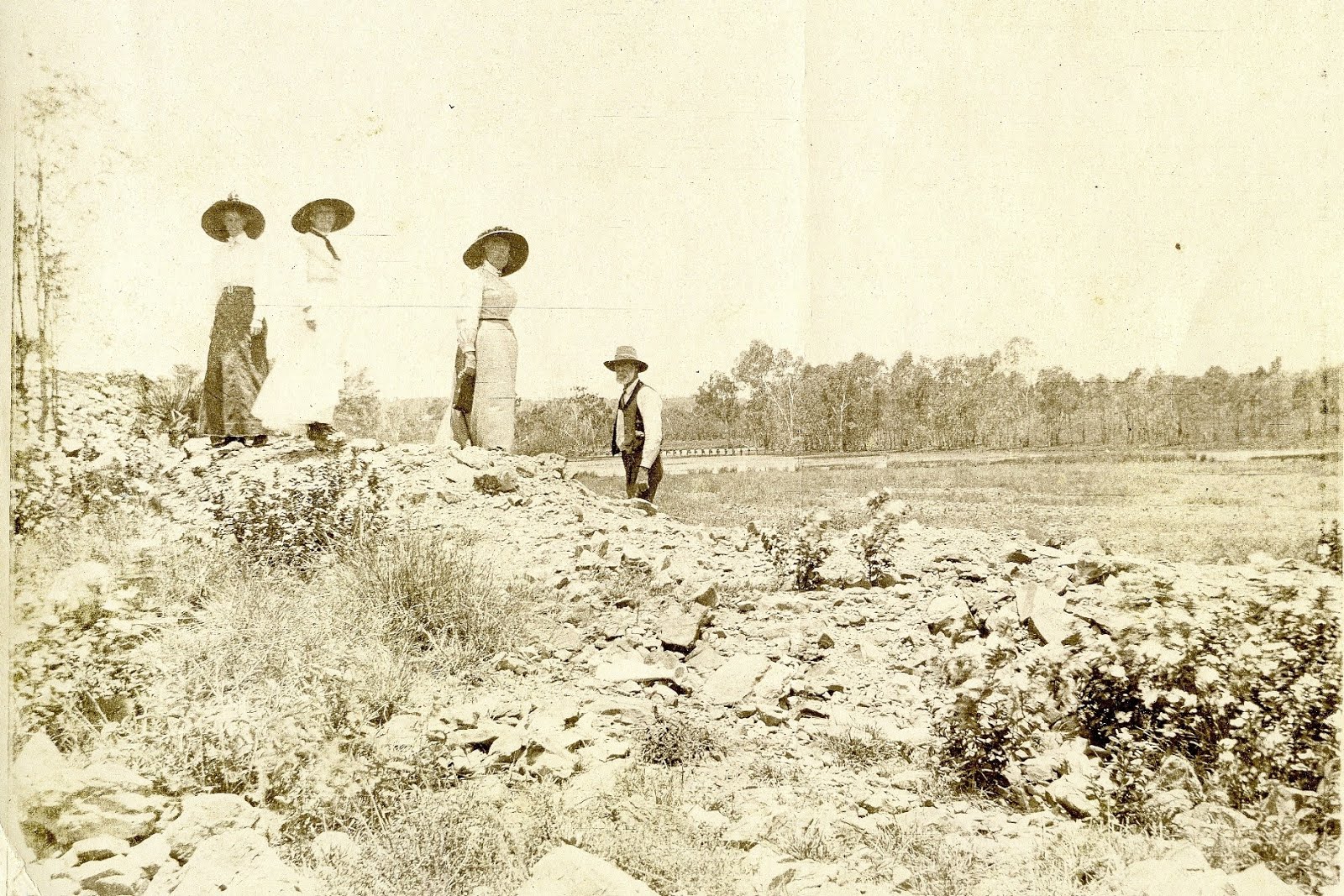Dad was hoping that Mum would stay in Townsville for a few
months, given the state of our home after the flood, and because mine had been
a difficult birth. Apparently I had a large head (which I was reminded about
every birthday).
The birth was further complicated by the fact that Mum’s
regular doctor had popped off to the racetrack to have a bet. Evidently, he
thought that my birth would take longer. Seems I was eager to arrive, and another
doctor had to step in at the last minute to fill the breach.
Mum stayed at her parents’ house in Townsville after we were
discharged from the Mater Hospital, but after six weeks’ away from the place,
she had grown impatient. I was christened in a hurry and soon after we were
returning to Lornesleigh Station.
The road to Lornesleigh was still muddy and the usually dry creeks
were running, so it was inevitable that Dad’s old soft-top Rover would get
bogged crossing a creek. Which, of course, it did. That meant my first night in
the bush was spent in the back of a Rover, stuck in a creek in the middle of nowhere,
being attacked by mosquitoes. Better get used to it, Little Fella, and welcome
home!
 |
| View of Lornesleigh homestead. |
Maud and the others were still cleaning up when we arrived
the following morning. Mum got stuck in, just like everyone else. She was most
upset that she’d lost photos and her favourite chinaware. The photos couldn’t
be replaced.
Sometimes, even many years later, Dad would ride back home from
mustering cattle with a newly found teacup or a saucer in his saddlebag. A lot
of china was found in the paddocks sometimes many miles away.
So, I started life in my new home, surrounded by the smell
of decomposing stock and rancid mud, and swarms of mosquitoes. I’m so glad I
was too young to remember it.
***








